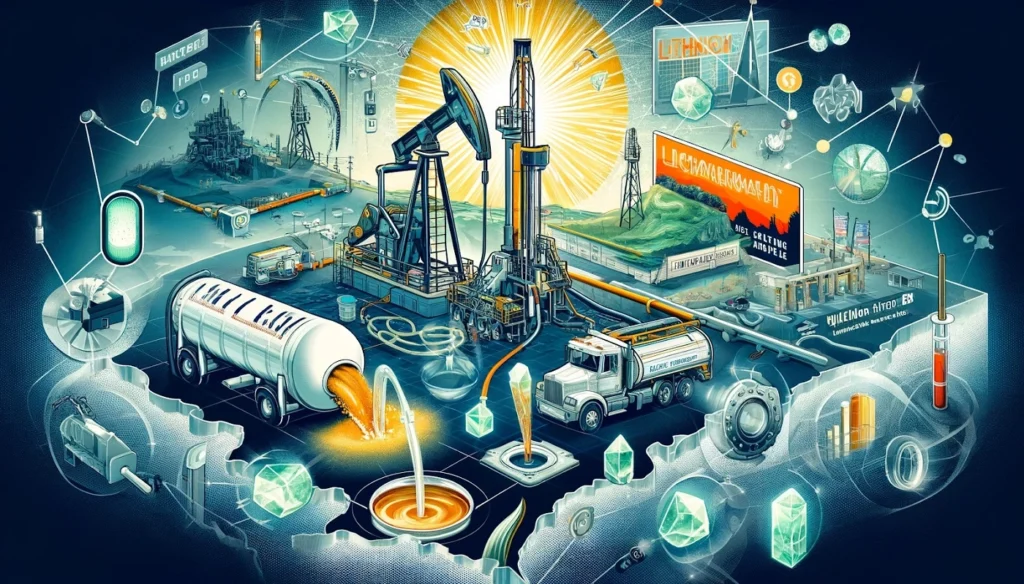What Readers Will Learn:
- How fracking wastewater in Pennsylvania could meet a significant portion of the U.S. lithium demand.
- The role of lithium in clean energy technologies, especially for electric vehicles.
- The promising economic implications of harnessing this domestic lithium source.
The Discovery of a Lifetime
In 2007, a groundbreaking revelation by Penn State geoscientist Terry Engelder put Pennsylvania on the energy map. He estimated that the state harbored over 50 trillion cubic feet of accessible natural gas, a figure that was later revised to an astonishing 489 trillion cubic feet.
This discovery set off a fracking boom across the state, leading to over 13,000 unconventional wells being drilled. But Pennsylvania’s energy treasures were far from exhausted.
Recently, researchers at the National Energy Technology Laboratory (NETL) have unearthed another hidden gem within Pennsylvania’s fracking wastewater: lithium. This discovery holds the potential to revolutionize the energy sector by providing a substantial domestic source of lithium, a critical component for batteries used in electric vehicles and other clean energy technologies.
The Significance of Lithium
Lithium is essential for modern energy storage solutions. It powers electric vehicles, supports renewable energy systems, and is vital for many electronic devices. Currently, the United States relies heavily on lithium imports from Argentina, Chile, and China to meet its needs. However, the demand for lithium is expected to surge dramatically as the transition to clean energy accelerates.
The study conducted by NETL has revealed that the wastewater produced by Pennsylvania’s unconventional wells could meet 38 to 40 percent of the current U.S. lithium demand. This remarkable finding could significantly reduce the country’s dependence on foreign sources and enhance national security.
The Extraction Process
The researchers, led by Justin Mackey, used chemical and production compliance data from the Pennsylvania Department of Environmental Protection to estimate that around 1,160 metric tons of lithium per year could be extracted from fracking wastewater.
This wastewater, a combination of fluids used in the fracking process and water from natural underground formations, returns to the surface during drilling. The lithium in this water likely originates from ancient volcanic ash that seeped into underground water sources over millennia.
Industry Enthusiasm
The potential of this resource has generated significant excitement within the gas industry. The Marcellus Shale Coalition, an industry trade group, has hailed this discovery as a testament to Pennsylvania’s natural gas abundance.
“This scientific analysis by one of the leading energy laboratories in the world shows once again how abundant Pennsylvania natural gas can enhance America’s energy, environmental, and national security,” the coalition stated.
This discovery not only highlights the untapped potential within the state’s natural resources but also underscores the innovative ways researchers are finding to support the clean energy transition. With the United States seeking to reduce its carbon footprint and move towards renewable energy sources, domestic lithium production could play a crucial role.
Promising Economic Implications
The economic implications of harnessing this domestic lithium source are promising. By reducing dependence on imported lithium, the U.S. can strengthen its supply chains and ensure a more stable and secure supply of this critical mineral. Additionally, the development of lithium extraction processes in Pennsylvania could create new jobs and stimulate economic growth in the region.
Furthermore, the successful extraction of lithium from fracking wastewater could set a precedent for other regions with similar geological conditions.
This could lead to the discovery of additional domestic lithium sources, further reducing the country’s reliance on foreign imports.
Regards,
Freedom Financial News



